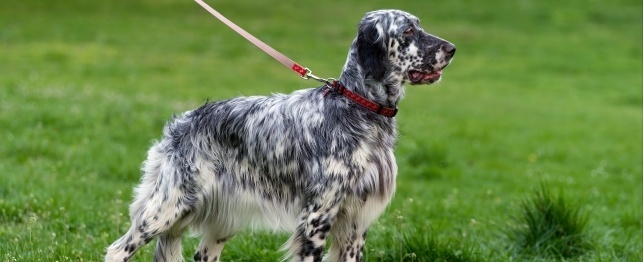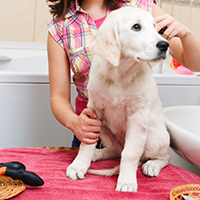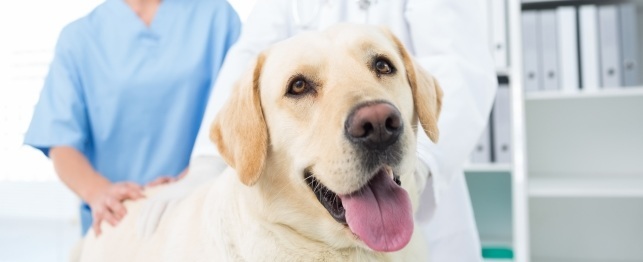
Parasites Are Serious Health Risks, But Easily Avoided
While you are out tossing tennis balls to your terrier, you should be aware that there's a silent disease that could affect the health of your pet. Assorted parasites lurk outdoors.
As the temperature rises, so does the probability of infestations by hookworms and roundworms. In dogs, hookworms and roundworms can cause abdominal pain, vomiting, loss of appetite, severe weight loss, or even death. In many cases, a dog can be infected without having any outward symptoms.
These parasites can also be passed to humans through direct contact with an infected animal or through exposure to infected feces, soil, sand, or other objects. Since young children often play alongside pets on playgrounds, in sandboxes, or patios, they are especially susceptible to contracting larva migrans—a disease that may result in permanent visual or neurological damage.
If unchecked, children can suffer from permanent neurological damage or even partial vision loss. One species of hookworm has been known to cause damage to the intestine and other organs.
Hearing about hookworms and roundworms should not dissuade you from doing the things you love to do with your dog. The conditions resulting from hookworms and roundworms are usual treatable, but the best measure against infection is prevention.
Here are a few ways to prevent your dog from having a nasty encounter with parasites:
Know the signs of infection in dogs: abdominal pain, vomiting, loss of appetite, or severe weight loss. Consult your veterinarian if you suspect your dog has an infection.
 Protecting Your Dog During Hunting Season
Protecting Your Dog During Hunting Season
Protecting Your Dog During Hunting Season
Protecting Your Dog During Hunting Season
 A Bonding Opportunity: Groom Your Dog
A Bonding Opportunity: Grooming You
A Bonding Opportunity: Groom Your Dog
A Bonding Opportunity: Grooming You
 Bonding with Your Puppy
Bonding with Your Puppy
Bonding with Your Puppy
Bonding with Your Puppy
 How to Have a Trauma-Free Vet Visit For Your Dog
How to Have a Trauma-Free Vet Visit For Your
How to Have a Trauma-Free Vet Visit For Your Dog
How to Have a Trauma-Free Vet Visit For Your
 Hazards Lurking in Your Dogs Medicine Cabinet
Hazards Lurking in Your Dogs Medicine Cabinet
Hazards Lurking in Your Dogs Medicine Cabinet
Hazards Lurking in Your Dogs Medicine Cabinet
Copyright © 2005-2016 Pet Information All Rights Reserved
Contact us: www162date@outlook.com